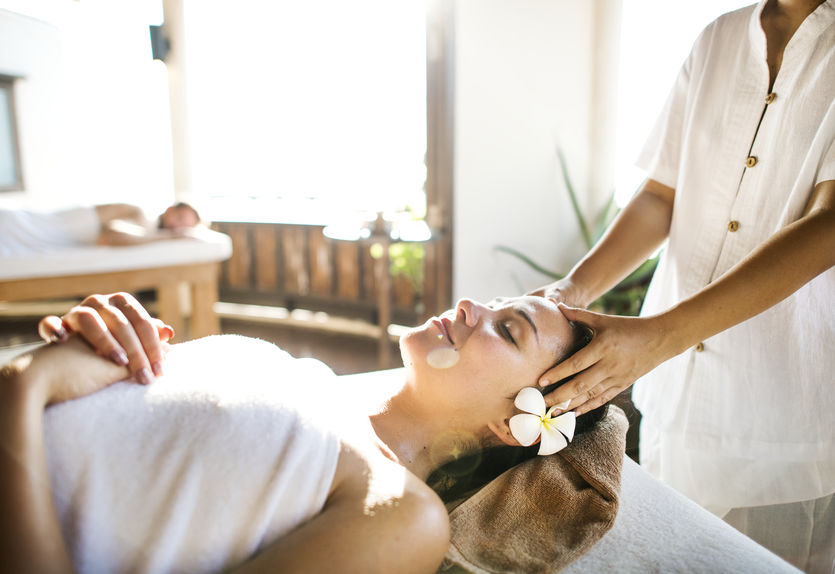Thai massage is currently being used as an alternative and complementary medicine due to the many health benefits it provides to the body. This ancient treatment uses different approaches and techniques, which makes it slightly different from other types of massage. This article discusses everything you need to know about Thai massage.
How Does Thai Massage Work?

One of the unique aspects of Thai massage is that it can be done when you are fully clothed and does not involve the use of oils or creams. You do not have to lay on your back or stomach since your body can be moved around in different directions to tap into the energetic lines within your body. A Thai massage therapist not only uses his or her hands but also uses their body to stretch or contort you in different ways.
It works entirely on the idea of compression, as your therapist will apply pressure into particular muscle tissues using their hands, fingers, or feet. Although you may be moved or changed into different positions, there will always be some contact between you and your technician so that they can cover all of your muscles. Thai massage aims to give you more flexibility by targeting muscle tensions.
Main Types of Thai Massage
- Traditional Thai Massage
This type of massage is primarily based on the ancient Thai technique. It involves various activities such as passive yoga, stretching, and the application of pressure on active points. A therapist can use their hand, knee, and other body positions during the massage.
- Thai Foot Reflexology
Foot massage is ideal for people who spend most of their time walking on the road. It a type of Thai massage that can remove feet tiredness and involves kneading and massaging the feet using wooden sticks or their hands. However, your therapist will wash your feet first in a bath with scrub and aromatic oils.
- Herbal Thai Massage
This type of massage is done using steaming bags that have been filled with various herbs such as camphor, ginger, patchouli, and saffron. These bags are usually hot and the technician will place them on your skin very tightly. The pressure becomes stronger as the rolls cool down which helps to stimulate metabolism, improve skin elasticity, and increase muscle tone.
Benefits of Thai Massage
- Boosts Energy
Thai massage can increase energy and mental stimulation as the techniques used are based on the notion of energetic fields within the body. These energy channels correspond to various parts of the body such as the muscles, bones, blood, and nerves. Thai massage uses different techniques to constrict or open different energy lines that correct the flow of life energy.
- Reduces Stress
Although stress can act as a positive motivator for better performance, too much stress can affect your mental and physical health. Chronic stress can lead to serious illnesses such as cardiovascular disease, anxiety, and depression. Thai massage can help to relax the body using various stretching techniques and the application of gentle pressure on different parts of the body.
- Stimulates Circulation
Thai massage uses gentle stretches to promote the circulation of blood and lymph to various parts of the body. The use of yoga-like stretches fills the body’s tissues with enough oxygen as it increases blood circulation. This promotes good heart health and overall cell growth. The improved blood circulation stimulates the somatosensory system, which plays a significant role in balance.
- Increases Flexibility
Thai massage uses unique body movement techniques to improve blood circulation and reduce stress. This gradual and gentle stretching can enhance your flexibility with repeated sessions, allowing for a greater range of motion. Thai massage can also help patients with arthritis or joint problems as it improves the circulation of synovial fluid in the joints. This helps to reduce excess friction that may occur between joints causing extreme pain during movement.
There are no strict guidelines on how often you should get a Thai massage. However, it is important to schedule regular therapy sessions if you want to realize the long-term health benefits of Thai massage. Your therapist should be aware of your medical history and any underlying health conditions before the session begins to avoid further injuries or complications. It is crucial to seek medical help if you experience lasting pain or discomfort after a Thai massage to determine the course of the problem.

